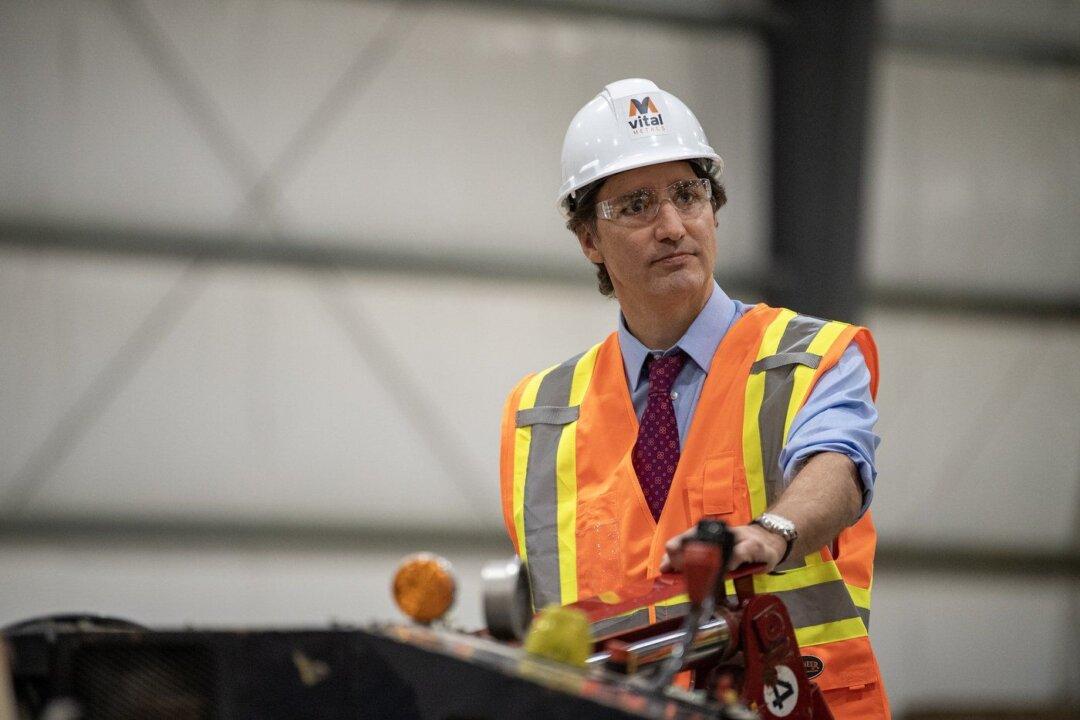An expert says the government should slash the bureaucracy involved in issuing permits for mining projects for critical minerals, as Ottawa plans for clean energy transition and decoupling from the supply chains of authoritarian states like China.
At a webinar hosted by the Macdonald-Laurier Institute (MLI) on Jan. 17, experts examined the recently released Canadian Critical Minerals Strategy. Announced in December and backed by $3.8 billion in funding in the federal Budget 2022, the strategy serves as the guideline for Canada’s mining and processing of critical minerals and rare earth elements.





